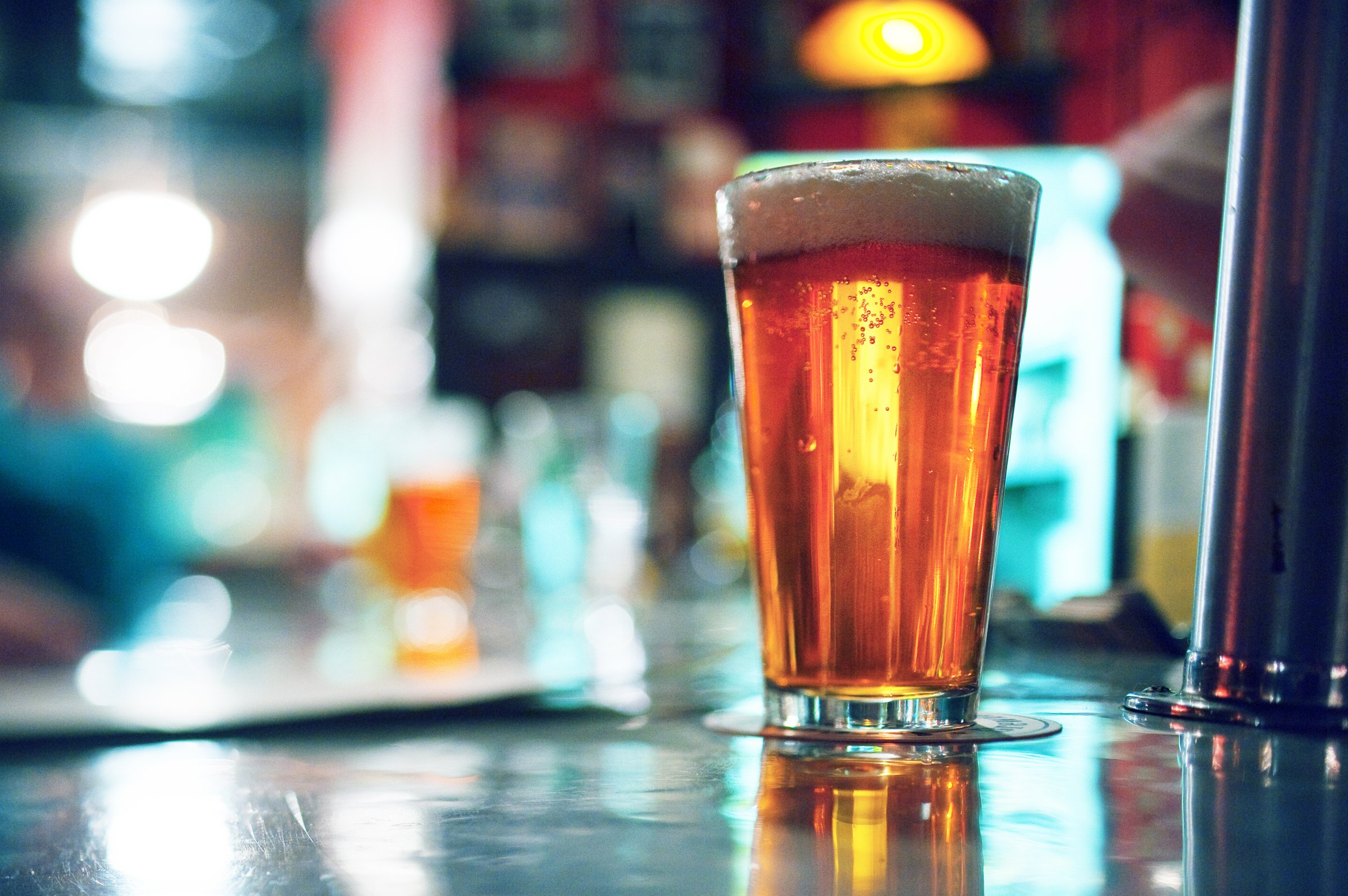
This article originally appeared on FoodandWine.com/fwx.
Earlier this summer, the Missouri legislature approved a law allowing the sale of single 12-ounce bottles of beer in the state. Despite bigger bottles being legal for individual purchase, the traditional 12-ounce size had to be sold in packs of at least three.
The measure’s overwhelming support (passing by a 143 to 1 margin) proved it was an idea whose time had come. However, the United States still has a love affair with its restrictive beer laws, often dating back to the original outrageous beer law: Prohibition.
Here are some strange state laws still in place, which you may or may not recognize based on your life, travels and level of alcohol consumption.
1. Size Matters in Alabama
A law passed in 2012 finally allowed the sale of beer bottles larger than 16 ounces. The new limit: a comparatively whopping 25.4 ounces, a.k.a. 750 milliliters. So, sorry 40-ouncers, you’re still not allowed at this party.
2. Florida’s Growler Policy Leaves Many Growling
In a quirk of the law in Florida, beer must be sold in containers either smaller than 32 ounces or larger than 128 ounces. Stuck in the middle is the industry-standard growler size of 64 ounces, leaving many who love the craft beer to-go jugs frustrated. But you can just buy two 32-ounce growlers. Yup, that’s perfectly legal.
3. Maine Respects St. Patrick’s Day
Maine’s hours for alcohol sales aren’t terribly restrictive. Most days, booze can be slung from 6 a.m. to 1 a.m.—except on Sundays, when sales can’t commence until 9 a.m.
But what if St. Patrick’s Day falls on a Sunday? That very real scenario happened in 2013, leading the state legislature to pass a bill creating an exemption allowing 6 a.m. Sunday alcohol sales only if St. Patrick’s Day falls on a Sunday. Presumably, the populous celebrated the decision with green beer.
4. Does Indiana Like Its Beer Warm?
In Indiana, a legal fight is under way challenging a current state law that forces grocery stores, convenience stores and pharmacies to only sell beer warm. Oddly enough, selling cold beer at a liquor store is fine. Maybe that’s why the grocery store keeps its thermostat so low?
And don’t you laugh, Oklahoma: That state also restricts some beer sales by temperature.
5. Massachusetts Not Happy About Happy Hour
Did you know some states have banned happy hour? Massachusetts became a leader in the movement when the state broadly banned happy hours in 1984. The law doesn’t seem to be changing anytime soon, either. Other states take similar stances on drink promotions including Illinois, North Carolina, Oklahoma and, as recently as 2012, Utah.
The trend isn’t all one directional though: Kansas brought happy hour back to life, also in 2012.
6. A Double Standard in Colorado?
The state that brought you legalized marijuana still has some qualms about its brews. In Colorado, most supermarkets and convenience stores can only sell beer that is 3.2 percent ABW (alcohol by weight) or lower. Stronger suds are relegated to liquor stores and other appropriately licensed establishments.
7. Eat Up in Utah
In Utah, restaurant patrons cannot purchase alcohol without also purchasing food. Things became so hotly contested, that in 2013 the state legislature had to clarify the law to allow waiters to serve drink orders while customers looked over the menu!
More from Food & Wine:
More Must-Reads from TIME
- Donald Trump Is TIME's 2024 Person of the Year
- Why We Chose Trump as Person of the Year
- Is Intermittent Fasting Good or Bad for You?
- The 100 Must-Read Books of 2024
- The 20 Best Christmas TV Episodes
- Column: If Optimism Feels Ridiculous Now, Try Hope
- The Future of Climate Action Is Trade Policy
- Merle Bombardieri Is Helping People Make the Baby Decision
Contact us at letters@time.com